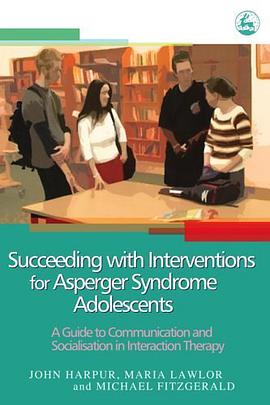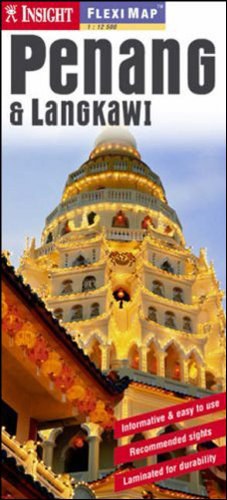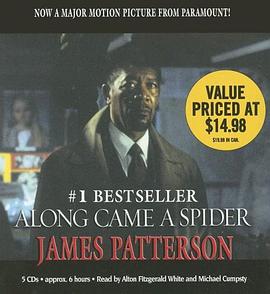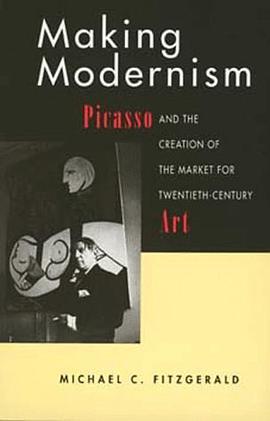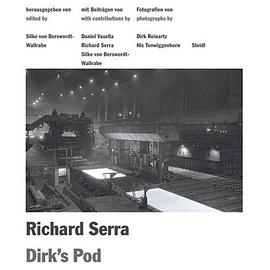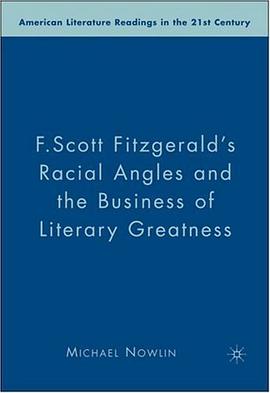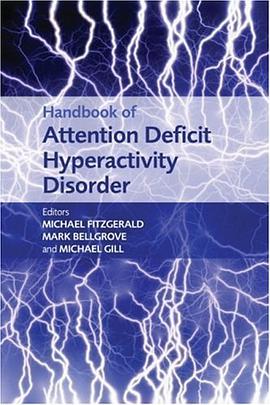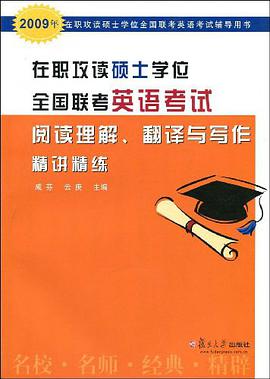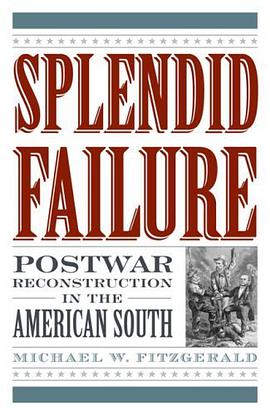

Scholars of Reconstruction have generally described Republican Party factional conflicts in racial terms, as if the Radical agenda evoked unified black support. As Michael W. Fitzgerald shows in the first major study of black popular politics in the urban South in the years surrounding the Civil War, that depiction oversimplifies a contentious and often overlooked intraracial dynamic. Republican political power, he argues, heightened divisions within the African American community, divisions that were ultimately a major factor in the failure of Reconstruction.
In Mobile, the Confederacy's fourth largest city, the most pressing social divide within the black community was between longtime residents--often freeborn, prosperous, and of mixed ancestry--and the wave of destitute rural freedmen fleeing the countryside. After Emancipation, moderate African American leaders seeking legal equality emerged from the first group. The newcomers spawned a more militant faction who formed the constituency for the white "carpetbag" leadership that dominated popular Republican politics. Fitzgerald traces how the rivalry between these black factions yielded a startlingly antagonistic political scene that steadily escalated into physical conflict.
Though Fitzgerald's book examines the local level, its implications are far reaching. It demonstrates that the Republican factionalism that helped doom Reconstruction went beyond competing cliques of white officeholders. Blacks too were partially responsible for the failure of Reconstruction. Boldly challenging reigning theories about the nature of post-Civil War Politics, URBAN EMANCIPATION will spark historical debate for years to come.
具體描述
讀後感
評分
評分
評分
評分
用戶評價
相關圖書
本站所有內容均為互聯網搜索引擎提供的公開搜索信息,本站不存儲任何數據與內容,任何內容與數據均與本站無關,如有需要請聯繫相關搜索引擎包括但不限於百度,google,bing,sogou 等
© 2025 qciss.net All Rights Reserved. 小哈圖書下載中心 版权所有


